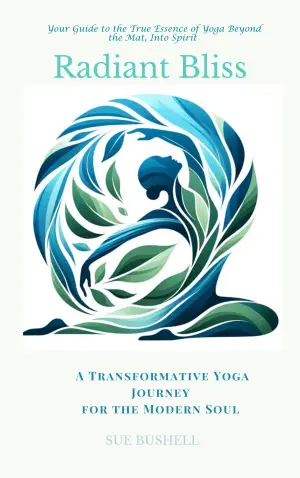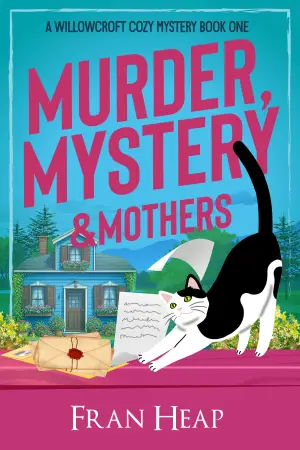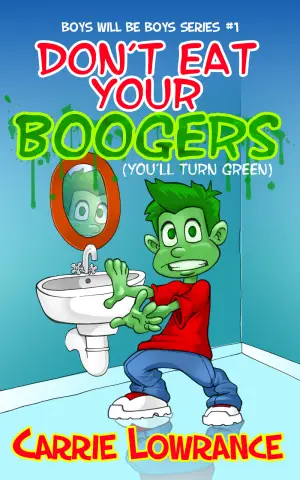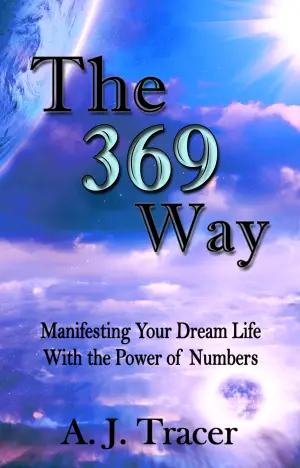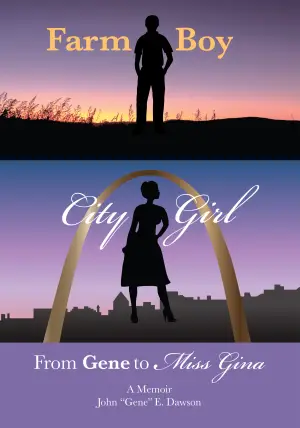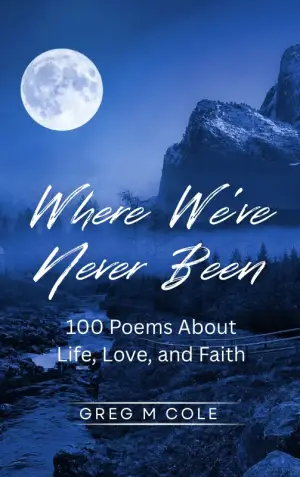Love is the Way: Holding on to Hope in Troubling Times – A Reflective Review of Bishop Michael Curry’s Insightful Journey
As a religious skeptic, I often navigate the realm of spiritual texts with a mix of intrigue and caution. The title Love is the Way: Holding on to Hope in Troubling Times by Bishop Michael Curry drew me in. Known for his passionate oratory and his role as the first Black head of the Episcopal Church, Curry’s voice commands attention. His presence at significant events, from the royal wedding of Prince Harry and Meghan Markle to the funerals of esteemed leaders, piqued my curiosity—could his insights transcend my cautious lens?
Curry’s book is a rich tapestry woven with personal narrative, community history, and teachings on agape love, the highest form of love that binds humanity. It’s part autobiography, chronicling his own experiences with loss, community support, and resilience, particularly following his mother’s untimely death. His reflections on growing up in a small, predominantly Black church in Ohio to presiding over a much larger congregation in North Carolina illustrate his evolution, making his journey relatable and authentic.
Love, as Curry eloquently portrays, isn’t just a lofty ideal; it’s the fabric of societal connection and healing. He emphasizes the transformative power of love through stories of influential figures—John Lewis and Martin Luther King Jr. featured prominently, reminding us that love builds and hate destroys. His chapters on holding onto hope in challenging times are infused with optimism, offering a powerful counter-narrative to the pervasive despair we often feel in the current climate.
Curry’s storytelling shines brightest in his discussions on the church’s stance on LGBTQ+ rights and the Standing Rock protests. He openly recounts the turmoil surrounding the acceptance of same-sex marriage within the church, illustrating his personal transformation with heartfelt honesty. The metaphor of foot washing—the act Jesus used to demonstrate humility and service—emerges as a repeated theme, suggesting that it can soften hearts and open dialogues even in fraught discussions.
The lyrical quality of Curry’s prose often lyricizes wisdom, drawing connections between humanity’s collective struggles and the exquisite potential for love to foster healing. One poignant moment for me was his emphasis on engaging with differing opinions through personal storytelling. He proposed the thoughtful question, “For this issue, what is the story of your life that brought you to that conclusion?” This challenge to seek understanding rather than division struck a chord, serving as a reminder in our polarized world.
While some threads of the narrative felt meandering and occasionally got lost in the flow, the overall message remained steadfast: love is both a choice and a practice that cultivates justice and societal progress. For anyone weary of traditional dogmas, Curry’s more human-centric approach offers fresh light, making his message all the more resonant.
I believe that those seeking inspiration in both faith and action will find much to appreciate in Love is the Way. It is not merely a book for the devout but an invitation for anyone navigating tumultuous times to reflect on how love can serve as a foundation for resilience and hope. Personally, the experience of reading Curry’s words reminded me that while skepticism may shape our views, it is love that ultimately guides our interactions and uplifts our collective spirit. In these troubling times, such reminders are invaluable.
Discover more about Love is the Way: Holding on to Hope in Troubling Times on GoodReads >>




